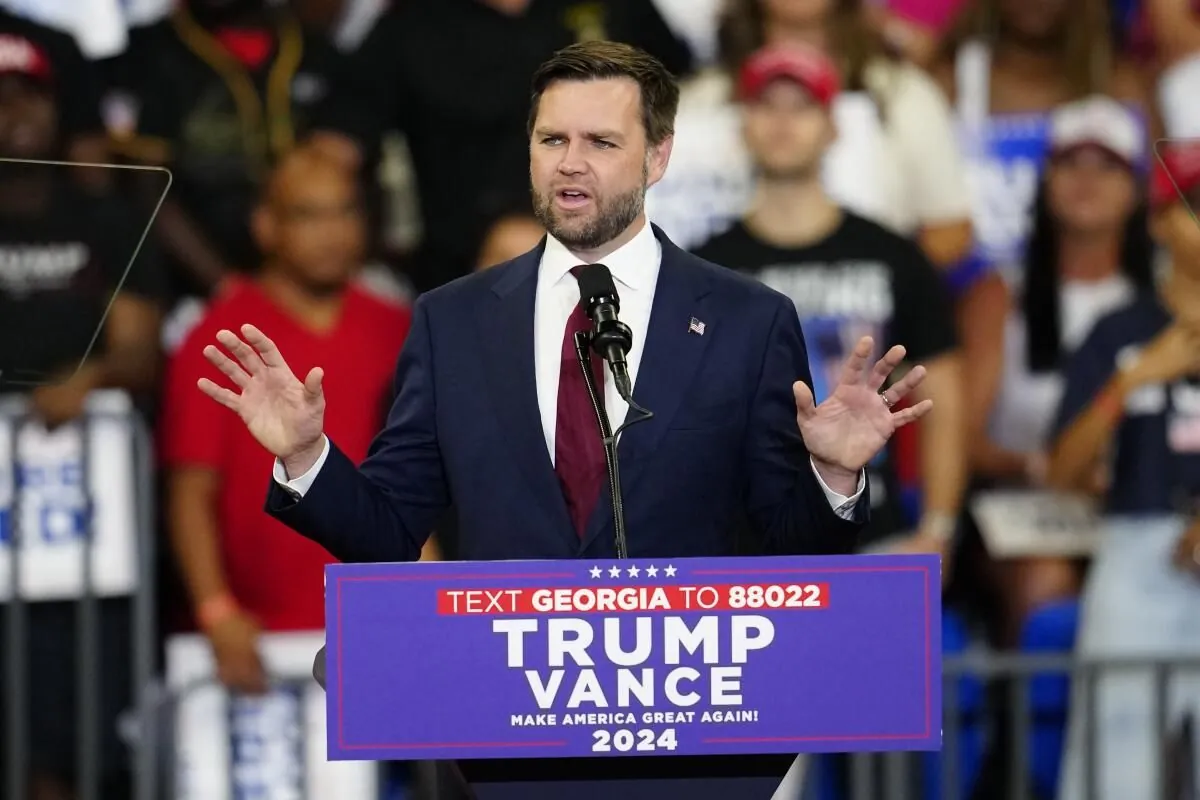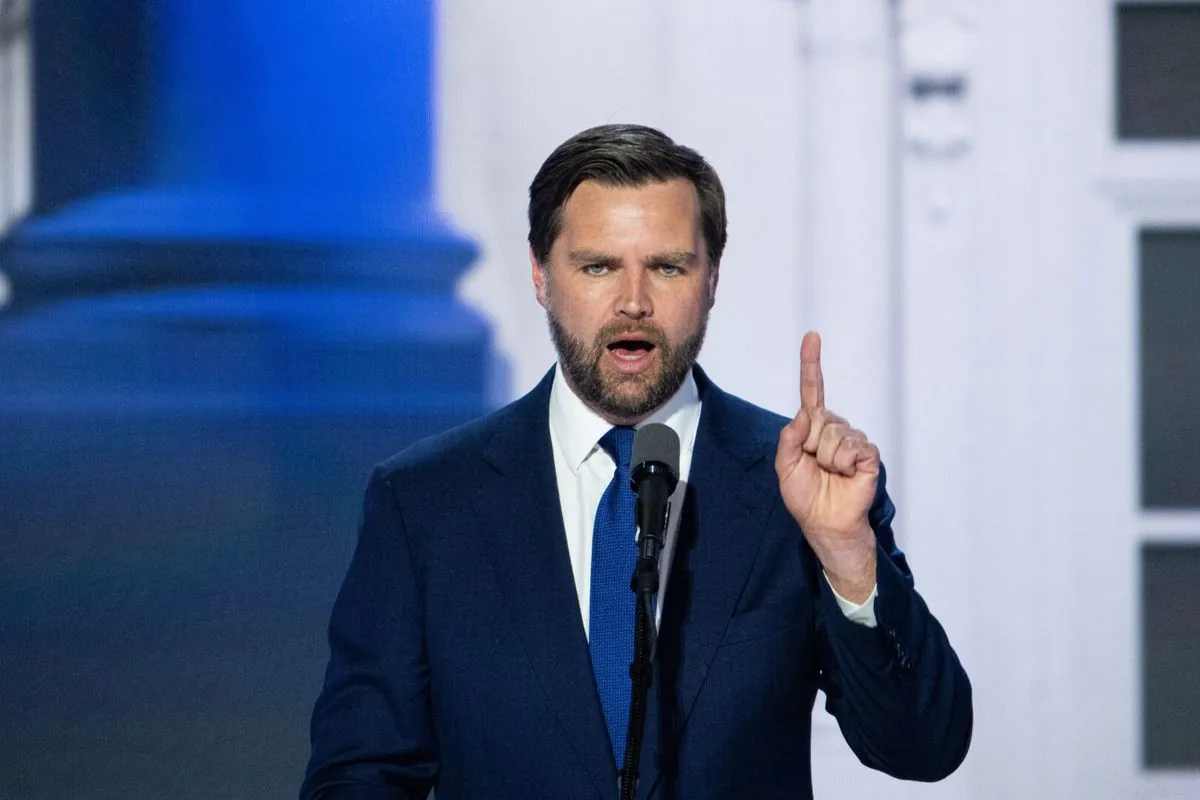GOP VP Candidate Backs Trump's Call for Presidential Influence on Fed Policy
Republican vice presidential candidate JD Vance supports Donald Trump's proposal for presidential input on Federal Reserve decisions, challenging the traditional view of Fed independence. This stance contrasts with Democratic opposition.

In a recent development, JD Vance, the Republican vice presidential candidate, has expressed support for Donald Trump's controversial stance on Federal Reserve policy. Vance's comments, made during a CNN interview on August 11, 2024, align with Trump's call for increased presidential influence over monetary decisions.
The Federal Reserve System, established in 1913, has long been considered an independent entity, crucial for maintaining long-term economic stability. However, Trump's recent statements challenge this traditional view, suggesting that presidents should have a say in Fed policy-making, including interest rate decisions.
Vance elaborated on Trump's position, stating that political leadership should have more input on monetary policy. He argued that elected leaders should be involved in these critical economic decisions, despite the potential for short-term political pressures that could impact the U.S. economy.

This stance marks a significant departure from the long-held belief in Fed independence. The Federal Reserve, consisting of 12 regional banks across the United States, operates under a dual mandate to promote maximum employment and stable prices. Its decisions affect not only the U.S. economy but also global financial markets.
In contrast to the Republican position, Kamala Harris, the Democratic presidential nominee, strongly opposes interfering with Fed decisions. She emphasized the importance of maintaining the Fed's independence in monetary policy-making.
The debate over Fed independence comes at a time when the central bank has been actively managing economic challenges. In March 2022, the Fed began raising interest rates to combat rising inflation following the economic shocks of the COVID-19 pandemic. As of June 2024, the inflation rate had decreased to 2.5% by the Fed's preferred measure, approaching its 2% target.
"I think that in my case, I made a lot of money, I was very successful, and I think I have a better instinct than in many cases, people that would be on the Federal Reserve or the chairman."
This discussion occurs against the backdrop of a controversial "2025 Presidential Transition Project," which proposes significant changes to the federal government, including the Fed's structure and mission. While some conservatives support these proposals, Trump has distanced himself from the project.
The Federal Reserve's role in managing economic crises has been significant, as evidenced by its actions during the 2008 financial crisis and the COVID-19 pandemic. The Fed's ability to create money and regulate the money supply gives it substantial influence over the economy.
As the November 5, 2024, presidential election approaches, the debate over Fed independence is likely to remain a contentious issue. The outcome of this election could potentially reshape the relationship between the presidency and the Federal Reserve, with far-reaching implications for U.S. monetary policy and economic governance.


































